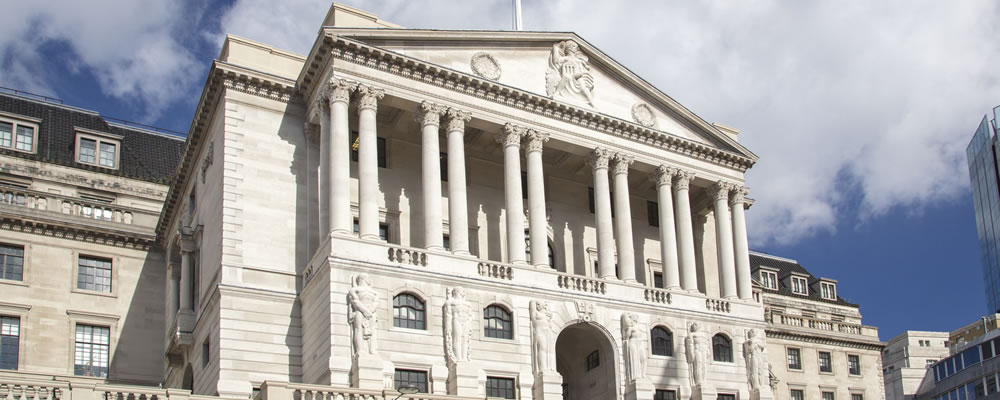The Pound has remained relatively unchanged against the Euro on Wednesday afternoon, compared to the same time on Tuesday.
The pairing was in the region of 1.1349 on Tuesday, and has since advanced to 1.1355.
This comes after news that UK average earnings have risen in October. Although this was good news, the Pound hasn’t rallied because of background concerns.
Chief among these is the worry that the UK wage squeeze, which is depleting real incomes, is still very firmly in place.
(Last updated December 12th, 2017)
On Tuesday afternoon, the Pound has seen a slight improvement in trading against the Euro.
The GBP/EUR exchange rate has improved from an earlier 1.1349 to 1.1361, as traders remain on the fence about the future stability of the UK under higher inflation.
There is still a chance that Wednesday’s UK earnings data could boost the Pound, assuming that it shows growth in line with expectations.
(First published December 12th, 2017)
The Pound has fluctuated against the Euro today, as traders analyse a surprise rise in UK inflation during October.
- GBP EUR rate trends at 1.1349 – EUR GBP trades down at 0.8810
- Pound traders rattled by 3.1% inflation – BoE Governor faces tough choices
- ZEW survey scores show falling Eurozone confidence – Economists optimistic about German coalition
- Pound rally possible on wage data – Euro could pick up on higher inflation
In the Eurozone, traders have been influenced by German confidence stats, which have shown a dip for the present month.
Inflation-Linked Fears Leave GBP/EUR Rate Trading Tightly
The Pound has only managed to scrape minor gains against the Euro today, following the news that UK inflation has hit 3.1%.
The reading for October went against predictions of stagnation at 3% and has alarmed economists and traders alike.
First among thoughts has been the Bank of England (BoE), where Governor Mark Carney now has to write to Chancellor Philip Hammond.
This is because at 3.1%, inflation has exceeded the BoE’s target by 1.1%, forcing the Governor’s hand because of BoE protocol.
Reflecting on the circumstances, Treasury Committee Chair Nicky Morgan has said;
‘Inflation rising faster than earnings is squeezing household finances, driven in part by rising prices for household essentials such as food and transport.
[Mr Carney] will now have to write to [Mr Hammond] to explain why the Bank has missed its inflation target by more than 1%, and what action the MPC intends to take.
The Treasury Committee will scrutinise that letter in its regular hearings with the Bank’.
It remain unclear just what action the BoE can take to solve this problem; higher interest rates only work if people have a greater incentive to save rather than spend.
An additional problem is that the Pound is so depleted after the shock of Brexit, which makes inflation even more difficult to control.
Euro to Pound Rate Dips after Mixed Reception to ZEW Confidence Scores
The Euro has slipped against the Pound today, owing to disappointing ZEW economic sentiment scores.
The latest stats have given an outlook for December, but show lower levels of optimism for the German and Eurozone-wide economy.
Giving a balanced reception to the data, Jennifer McKeown of Capital Economics said;
‘It is slightly concerning that sentiment has fallen and on the face of it this index suggests that German GDP growth will slow from Q3’s 2.8% to under 2%.
But…investor sentiment is likely to rise again once a [government] coalition is formed next year, particularly since all of the major parties favour a fiscal boost’.
Will UK Wage Growth Stats Trigger GBP/EUR Rate Rise?
The Pound has a chance to firmly rise against the Euro on Wednesday morning, when UK average earnings will be announced.
On the month in October, wage growth including bonuses is tipped to rise from 2.2% to 2.5%, which might result in the Pound appreciating in the pairing.
Faster wage growth would lessen the strain on UK consumers, although it wouldn’t eliminate the overhanging wage squeeze completely.
Euro traders are primed for tomorrow’s German inflation stats, which are set to show a rise in November.
This might push the Euro higher than the Pound, as German economic growth is considered a positive for the whole Eurozone.
Current Interbank GBP EUR Exchange Rates
At the time of writing, the Pound to Euro (GBP EUR) exchange rate was trading at 1.1349 and the Euro to Pound (EUR GBP) exchange rate was trading at 0.8810.



